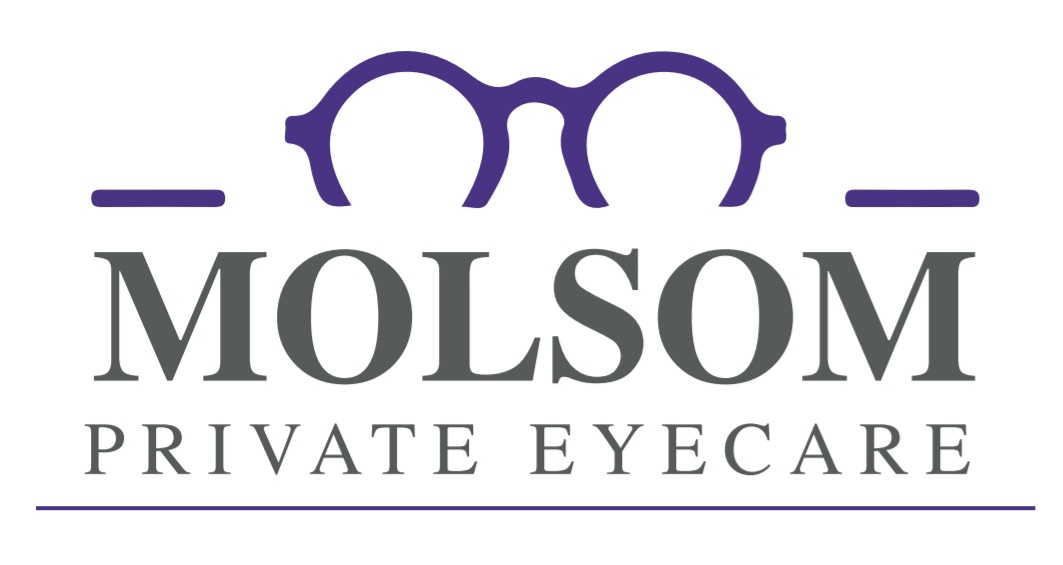Easter Egg Competition highlights local children’s talents. - April 2013
Working with local schools to promote children’s eye care, Molsom Optometrists organised an Easter Egg Competition for children up to year 3. The winners of each category received a large chocolate Easter Egg and a pair of Polaroid sunglasses. The prize was very kindly donated by Thorntons at Hills Department store. Runners up in each category also received a chocolate Easter Egg.
“The competition has been a fantastic success with over a hundred entries. Decorating an Easter Egg requires good visual skills and coordination which helps vision development in the early years. Children just love colouring, gluing and sticking”, said Andy Molsom.
The competition attracted many ingenious entries, and there’s no doubt the children enjoyed themselves. Bev Long from Hills Department Store helped with the difficult job of judging the entries but eventually the winners were found.
Through this initiative and the School Visit programme the practice runs in Spalding, Donington and outlying villages, Molsom Optometrists are reaching out to local parents urging them to arrange regular eye exams for their youngsters which are free on the NHS.
Andy Molsom explained, “With no formal school vision screening programme locally, and increasing visual demands required with computerised technology, it has never been more important to make sure our children can see well. Early detection of problems will significantly improve a child’s learning ability and can have a life long benefit.”
Reports show that a significant proportion of children with learning difficulties and even dyslexia have undiagnosed eye conditions. These conditions affect the way children’s eyes are coordinated, and once corrected they can show significant improvements in their school work, behaviour and coordination. Behaviour issues can be borne out of frustration to complete simple tasks. A symptom to look out for is difficulty with hand-eye coordination compared to their peers, when catching a ball for example. General clumsiness is also another indicator.
Regular eye exams (ideally annually) are important for children in the formative years. ”Parents need to realise that a child won’t necessarily know if they can’t see properly. They will just assume that’s what the world looks like” said Andy.
Key Points regarding children’s eyecare
- Children’s eye exams are FREE.
- Children are never too young to have their eyes checked.
- Taking children to have an eye exam is just as important as a trip to the dentist, or having their feet measured.
- Ideally a child’s first eye test should be around the age of four, as problems detected at this age can be corrected more easily.
- Early detection means common childhood sight conditions can be more easily treated.
- The eye is still developing throughout early childhood, so if problems are treated early it can make a life-lasting difference.
- Good vision during a childs early years can help them fulfil their academic potential.
- It is estimated one in five school aged children (about 1 million children) has an undetected vision problem that could restrict their ability to learn, read, write and spell.
- Children with a family history of eye problems are more at risk of developing squint and lazy eye.
- Signs to look out for Difficulty concentrating, thus avoiding close work tasks
- Behavioural problems
- Headaches
- Rub eyes frequently
- Difficulty with hand-eye coordination
